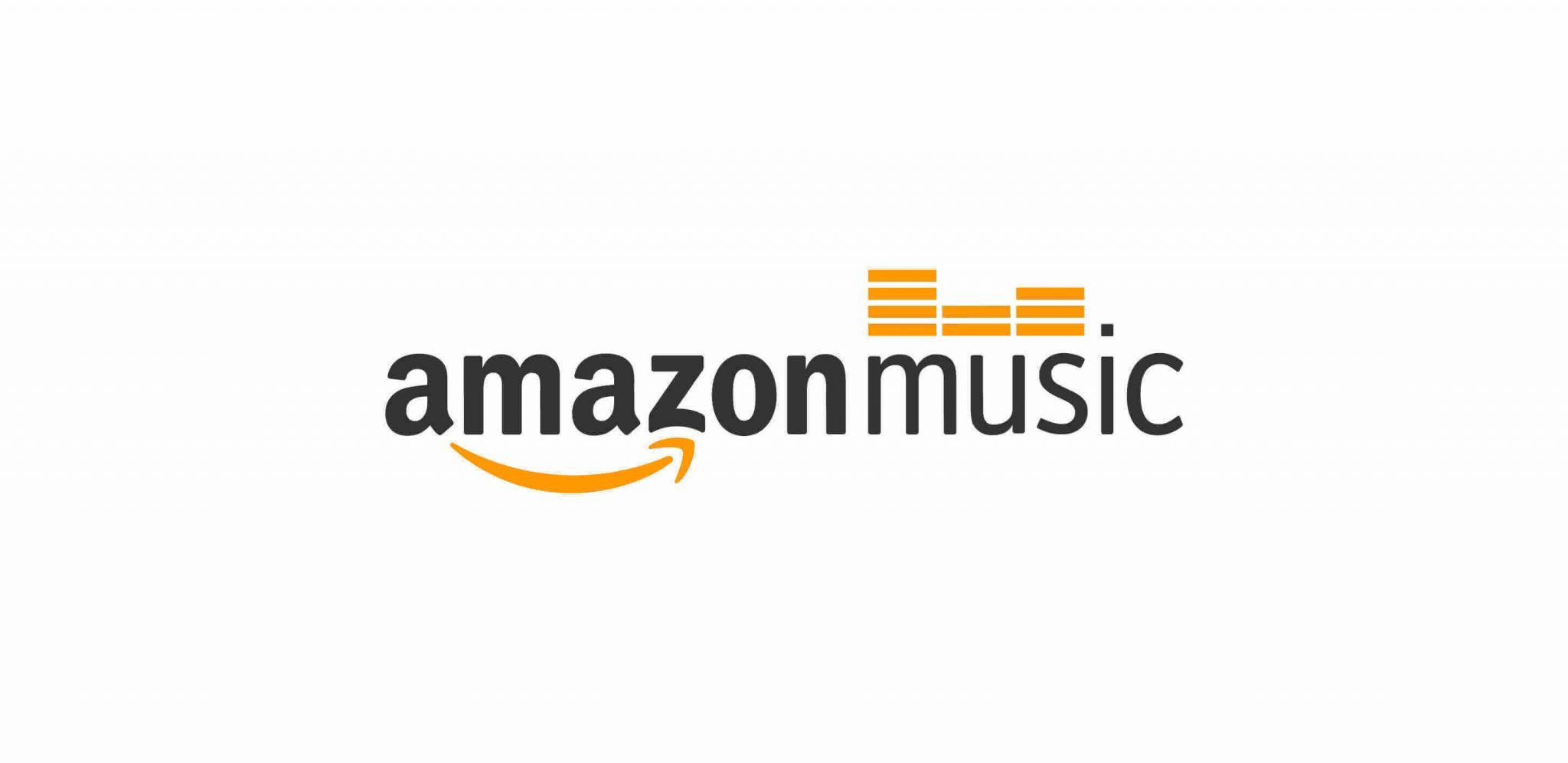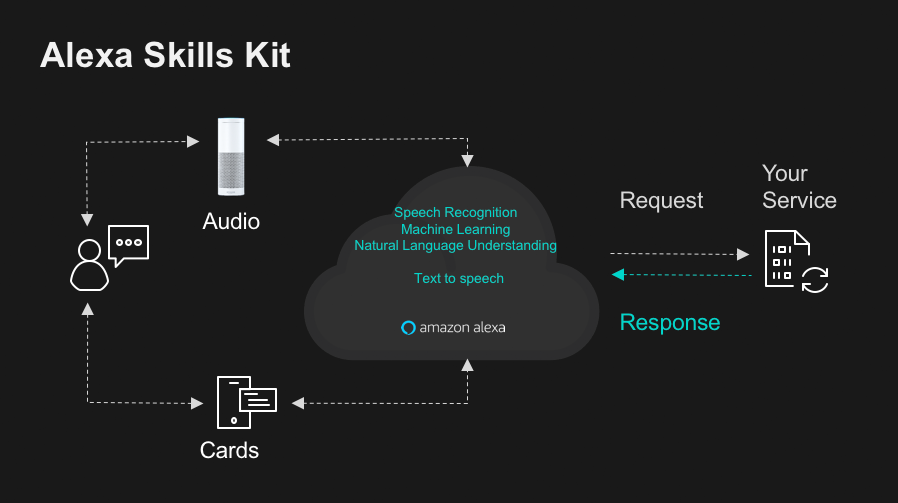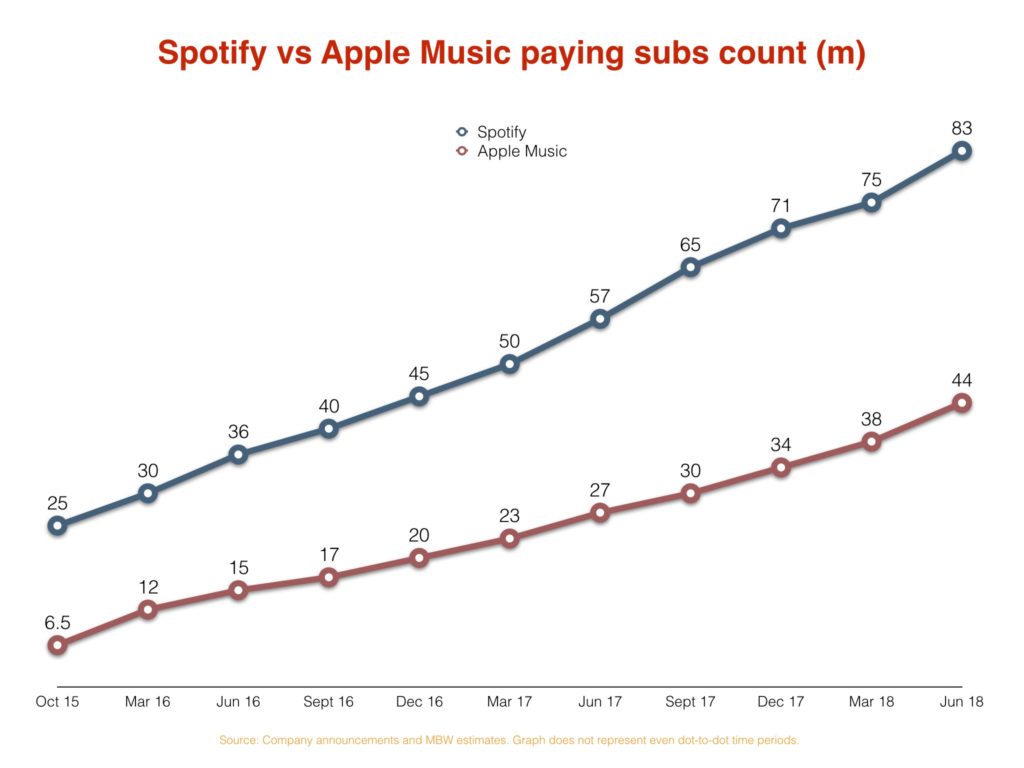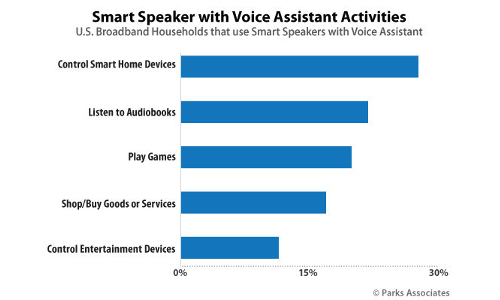Early in December 2018 Amazon Music announced that it was rolling out a new feature so users could interact more meaningfully with Alexa, the virtual assistant that’s being integrated into everything from refrigerators to cars, not to mention the Amazon Echo family of smart speakers. Essentially, the new capability involves the user being able to identify songs by their lyrics, like or reject a particular song, put together custom playlists and so on, all by using their voices to “command” Alexa.
Man’s Penchant for ‘Action-less Action’
It’s always been one of modern man’s fantasies to be able to go hands-free with everything. From clap-on/clap-off lighting to motion-activated security systems to gesture-sensing gadgets, there’s plenty of evidence to suggest that the future is moving towards a non-manual mode of operation.
Among these technologies, one stands out as being unique because it requires an understanding of man’s greatest achievement since fire – speech. Voice-enabled devices today are not yet ubiquitous, but Amazon is certainly doing its bit to proliferate voice-enabled devices.
The Voice-enabled Amazon Music Experience
One of the first things Amazon “trained” Alexa on was to play music from its Amazon Prime Music collection on Amazon Echo devices. Initial capabilities were merely direct commands asking Alexa to play particular tracks. Over time, it has evolved into a much smarter experience, and Amazon has just taken it a step further with intelligent suggestions, the ability to create mood-based playlists and more.
In the future, you might be able to tell Alexa to “play that song we heard at my birthday party” or “play that Nicki Minaj song that my friend Karen loves.” We’re not quite there yet, but that’s the direction it’s headed in. The reason it’s hard to get there quickly is an unrelated thing called DATA.
Amazon collects a lot of data about you from your voice interactions, your shopping habits on their retail portals, what you watch on Prime Movies, etc. But it doesn’t have access to the kind of data that a company like Alphabet (Google) would. It’s pretty close but not quite the same level of depth.
Voice Commands are Not the Same as Artificial Intelligence
Another major hurdle for Amazon is that Alexa is not technically an AI entity. She depends on preprogrammed voice commands to trigger specific actions. Anyone can build an Alexa Skill, but Alexa can’t learn a skill on her own. That’s the major difference between Alexa and Google Assistant. Google uses machine learning to make their virtual assistant truly smart, while Alexa is only as good as the number of skills she’s programmed to execute. Granted, that figure is now well over 50,000, but it still can’t handle the nuances of human interaction the way Google Assistant can. Or Siri or Cortana can, for that matter.
How Big Are the Amazon Music (Prime Music) Collection and User Base?
Not to be confused with the subscription service, Amazon Music Unlimited, which has anywhere between 30 million and 40 million songs in its collection, Prime Music offers a more modest collection of 2 million tracks. And that depends on where you live.
With regards to the size of its collection, Amazon could be a fitting rival for Apple Music or even Spotify, although it’s hard to compare numbers when nobody shares them. Nonetheless, Amazon Music has a powerful growth engine that neither Apple nor Spotify enjoy – the growing customer base that is the Prime membership program. Early in 2018 Amazon revealed that it had crossed 100 million members worldwide.
While not all 100 million use the music service, obviously, it’s important to note that all of them have access to it. In the case of Apple Music or Spotify, the user base is tied in with subscriptions. There’s a downside to that for Amazon, and it is that the active user base will always be proportionately smaller since it’s a free service for Prime members.
Spotify has over 83 million users worldwide, while Apple earlier this year said it crossed the 50 million mark. Amazon Music’s user base will arguably be much less than that of Apple Music, but the purpose of Prime Music is not to make money: it is to be part of an ecosystem of services that are offered to Prime members free of charge. Big difference.
The Future of Amazon Music is Bright because of Alexa
The news that Alexa is getting ‘smarter’ with the new skills recently announced means that elements of AI are creeping into her primarily commands-based ecosystem. Amazon might not be Google, but they’re the leaders in public cloud computing and they have access to the latest AI technologies through their research efforts on the retail side of things. That ability came courtesy AWS, or Amazon Web Services, which tremendously strengthened Amazon’s already strong technical skill-sets.
The fact that you can now ask Alexa to identify a song based on lyrics might seem like a cool party trick now, but let’s look at the implications of that vis-a-vis Alexa’s proliferation in the smart gadget and IoT (Internet of Things) segments.
Alexa is being integrated into a variety of products because, unlike Siri, for example, she can be programmed to execute a number of useful tasks, especially when they’re related to specific actions. For example, around the middle of December 2018, Amazon opened up the Security Panel Controller API for Alexa to third-party developers, allowing security product manufacturers to integrate Alexa with their cameras, alarms and other security systems.
That’s not going to help Amazon Music, but when Alexa is fully integrated into your home, you’ll be able to access your favorite music from anywhere. Echo Auto is doing the same thing for the automobile industry, giving Alexa a tremendous amount of mobility and coverage.
These integrations are growing at a rapid rate, and Amazon Echo product sales are going through the roof as well. In the first half of 2018, Google Home briefly overtook the Echo family as the hottest selling smart speakers. In Q3, however, Amazon regained the title with 6.3 million devices units sold, taking their market share to 31.9%.
As Alexa integrates into more devices and products, Amazon Music will benefit from that growth. More Capabilities + Greater Integration = Strong User Base.
Don’t be surprised if Amazon suddenly announces that its active user base for Prime Music has grown bigger than that of Spotify. Or Apple Music, at least. As long as Prime subscriptions keep coming in at a clip from around the world, Amazon Music user numbers will keep inching higher and higher.






